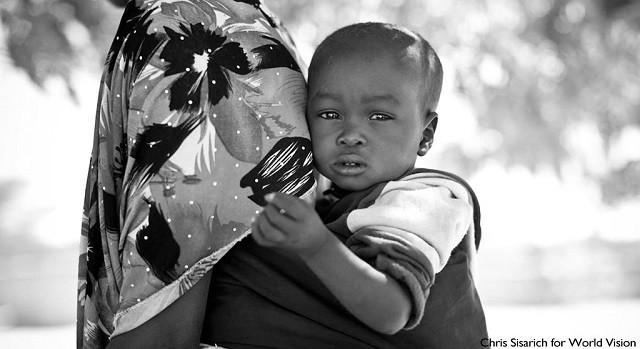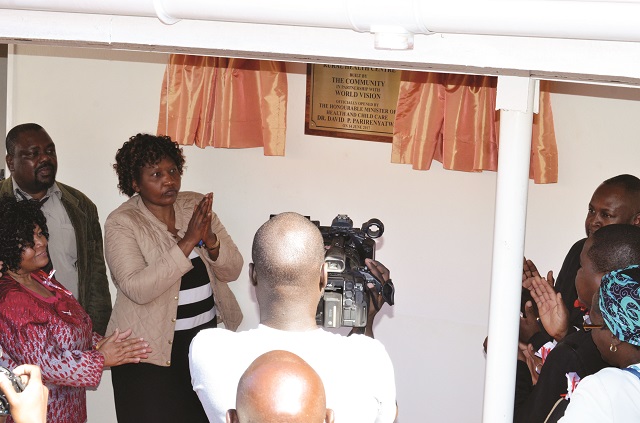Using the law to protect, empower and create equal opportunities for children in Zimbabwe

Statistics on child sexual abuse and child marriage cases in Zimbabwe show that whilst boys also fall victim to these forms of abuse, girls are the most affected. On child marriages, the Multiple Indicator Cluster Survey conducted by Unicef in 2014 shows that 34 percent of girls marry before the age of 18 as compared to 6.9 percent of boys who marry before 18.
The same report also revealed that gender parity index which measures access to education for males and females in Zimbabwe also shows that more boys attend school than girls at both primary and secondary levels.
These statistics are high in the rural areas as compared to the urban areas.
One of the fundamental rights provided for in the Constitution of Zimbabwe (Section 56) is that of equality and non-discrimination, realising that all persons are equal before the law and have the right to equal protection and benefit of the law. For children, this right is reinforced under Section 81 (1) (a) which states that every child, that is to say every boy and girl under the age of 18 years has a right to equal treatment before the law, including the right to be heard. The Constitution further provides for children’s right to “be protected from economic and sexual exploitation…or any form of abuse.” Zimbabwe joins the rest of Africa in commemorating the Day of the African Child held on the 16th of June, with the theme for 2017 being “The 2030 Agenda for Sustainable Development for children in Africa: Accelerating protection, empowerment, and equal opportunity”.
This theme is relevant for Zimbabwe taking into account the gaps that still exist in the protection and empowerment of children and the creation of equal opportunities for all children in Zimbabwe. One of the major gaps in the protection of children in Zimbabwe is the fact that child protection laws are yet to be aligned to the Constitution, a situation that still prevails almost 4 years after the adoption of the Constitution. In January 2016, the Constitutional Court delivered a land mark ruling which outlawed child marriages and further called for marriage laws in Zimbabwe to be aligned to the Constitution. Again, more than a year after the ruling, this is yet to be done.
Section 2 of the Constitution provides that the obligations imposed by the Constitution are binding on everyone, including the State and all executive, legislative and judicial institutions and must be fulfilled by them. As Justice for Children also commemorate the Day of the African Child, we are mindful of the need to ensure the protection and empowerment and creation of equal opportunities for children in Zimbabwe.
JCT therefore calls upon:
The Legislature to enact laws that ensure the protection, empowerment and non-discrimination of all children in Zimbabwe. The alignment of child protection laws to the Constitution should take precedence,
The implementation of child protection laws by all stakeholders without favour or impunity,
Allocation of adequate resources for the protection and empowerment of all children, and
The abolition of all practices, beliefs and attitudes that violate the rights of children and discriminate against the girl child from the home, community and national levels.










Comments